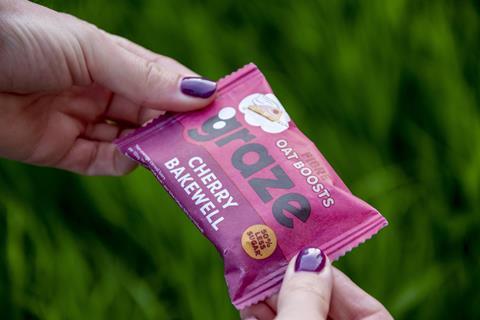
Graze is losing its independent status after owner Unilever set in motion plans to integrate the snacking brand into the wider group, with a significant number of jobs on the line as a result, The Grocer has learned.
It follows a disappointing performance since the consumer packaged goods giant acquired the business for £150m in early 2019 from private equity firm Carlyle.
Unilever is running a collective consultation process focused on about 90 office-based roles at Graze, with fewer than 60 jobs expected to be affected by the integration.
The group would not confirm how many staff Graze currently employs in total, but the latest set of accounts at Companies House for 2022 showed average employee numbers of 302. Almost 200 jobs were in manufacturing and distribution, which is not understood to be affected by the move.
“Graze has operated independently [since the acquisition] with its own teams, systems and supply chain,” a Unilever spokeswoman told the Grocer.
“As Graze has seen continued strong growth from the grocery channel, the time is now right to bring the brand fully into Unilever’s ‘Nutrition’ portfolio of brands, alongside Hellmann’s, Colman’s, Marmite, Pot Noodle, Knorr and Bovril, so that we can continue to accelerate this growth.
“A number of roles are impacted due to this integration, but at this stage consultation is still ongoing.
“We know that this will be an unsettling time for everyone at Graze, and we are fully committed to providing our teams with support and clarity as we consult with our employees over the coming months.”
Graze boss Joanna Allen – a Unilever veteran put in charge of the brand in 2020 – is due to start in a new role as CEO at ice cream challenger Little Moons next month.
Unilever confirmed it was not seeking a replacement for Allen, with Graze to be managed by the nutrition division leadership team, spearheaded by Heiko Schipper, who took charge of the food brands this month as part of CEO Hein Schumacher’s new strategy.
Revenues at Graze stood at £73.3m in the year to 28 February 2019 as the brand continued to expand beyond DTC and widen UK retail distribution, while also investing heavily to push into the US market, with listings at Walgreens, 7-Eleven and Whole Foods Market.
However, the gamble in the US did not pay off, with Graze pulling out of the market, and the brand also struggled with a dampening of demand for on-the-go snacking during the pandemic. Accounts for 31 December 2022 showed turnover of £44.6m – flat year on year – and operating losses of £7.6m, widening from £5.3m as gross margin declined significantly.
Graze unveiled a new look and extended its range in 2023, supporting the refresh with a £6m marketing spend.
A senior industry source told the Grocer: “Graze has not really delivered what has been required to justify the costs of being a standalone business within Unilever. When it was sold, retail sales value stood at almost £90m and, after various withdrawals from the US market and the continued decline of DTC, it is now about half that.
“I’m actually surprised they are going for the integration rather than an outright sale as the synergies with their existing business are pretty low. And it doesn’t fit with the new CEO’s strategy to focus investment on the group’s 30 power brands and simplifying the organisation around these.”
The Grocer has not seen the latest market data showing the retail sales value and volume performance for the whole Graze brand, but the latest snack bar category report revealed the brand last year saw sales of its cereal bars surge 12.6% to £22.1m on volumes up 35.2% [NIQ 52 w/e 30 December 2023]. However, snacking nuts volumes tumbled more than 40%, with sales down almost 30% to less than £5m [NIQ 52 w/e 24 February 2024].







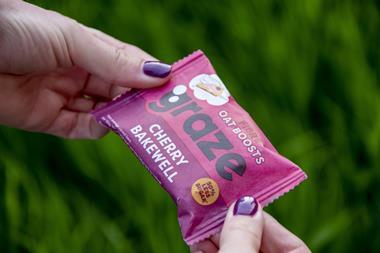
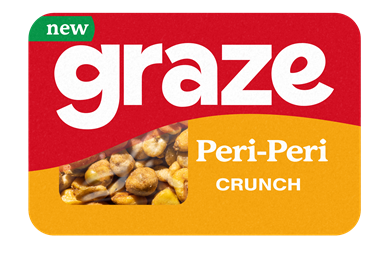
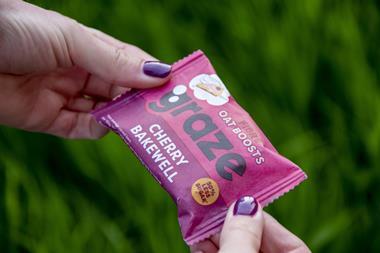
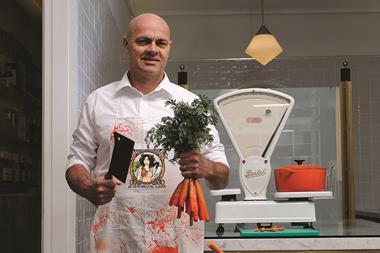
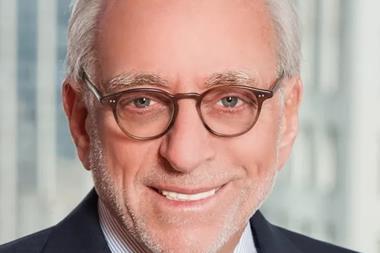
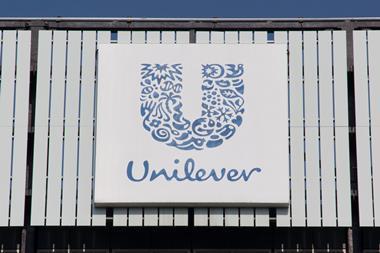






No comments yet